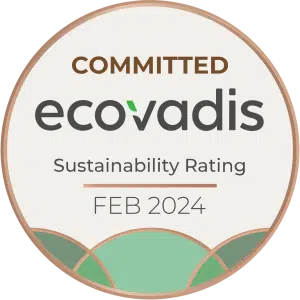As the effects of climate change are growing more serious every year, the science and industry sectors are collaborating as never before to find more eco-friendly ways to operate. One of the ways researchers are looking to reduce the dependence on fossil fuels is through the greater deployment of biomaterials.
Biochemicals are the carbon-based compounds present in all living matter. The Chemical Engineer defines biomanufacturing as “[the use of] biological systems to produce biomaterials and biomolecules that can be used in a range of industries including specialty chemicals, pharmaceuticals, and consumer products.”
An example of this is the recent collaboration between the Coca-Cola Company and the Changchun Meihe Science & Technology, which was reported in Packaging Europe. They are working on technology that converts plant-based monoethylene glycol (bMEG), as well as plant-based monopropylene glycol (bMPG) into a raw material for packaging.
Nancy Quan, chief technical and innovation officer at The Coca-Cola Company, said: “The viability of this next-generation biomaterial is a significant technological breakthrough in our ongoing efforts to reduce our use of virgin oil-based plastics, by increasing our use of recycled and renewable alternatives.”
She added: “It can not only help us achieve our commitments to carbon emission reduction but can also enable the entire industry to shift to a more circular economy. Through our agreement with UPM, we invite the wider industry to join us by utilizing the material once production has been ramped up at UPM Leuna.”
The technology uses renewable biomatter that is a side or waste product, rather than feedstock which can be used as a source of food. It is hoped that eventually, such innovative schemes will lead to the widespread production of plastics which are fossil-fuel free, and have minimal CO2 outputs during production.
If you are looking for an MPG supplier, please talk to us today.










